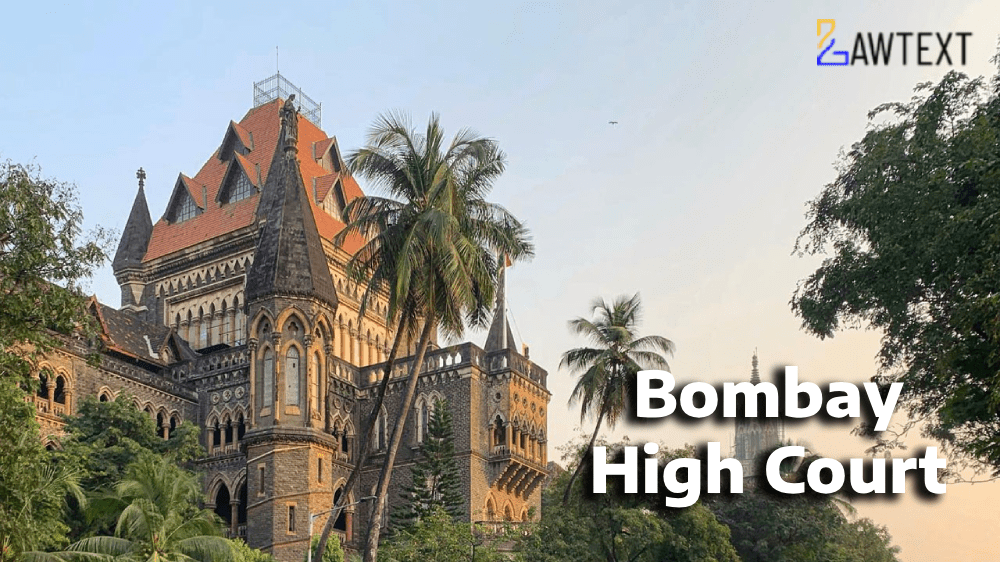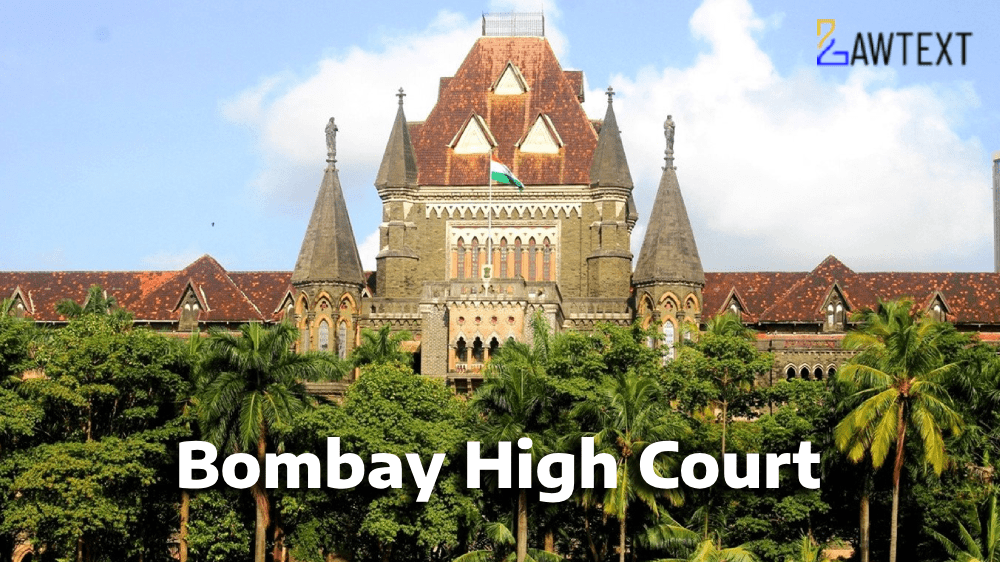Case Note & Summary
1. Introduction
The case involved the maintainability of appeals against an order disposing of execution proceedings for an arbitral award. The core issue was whether these proceedings fell under the scope of the Arbitration and Conciliation Act, 1996 (ACA) or the Code of Civil Procedure, 1908 (CPC) and Commercial Courts Act, 2015 (CCA).
2. Factual BackgroundThe dispute arose between Kakade Construction Company Pvt. Ltd. (Appellant) and Vistra ITCL (India) Ltd. (Respondent No. 1), among others. It revolved around the enforcement of a consent arbitral award dated 14 July 2014, which directed payment of Rs. 276.73 crores. The appellants challenged the enforceability of this award, alleging violation of FEMA provisions.
3. Procedural History Consent Award: A consent award was passed under arbitration on 14 July 2014. Execution Proceedings: Respondents initiated enforcement under Section 36 of ACA. Consent Terms & Single Judge's Order: The Single Judge of the High Court recorded further consent terms in execution proceedings on 22 February 2018. Appeals Against Interim Relief: Earlier appeals concerning interim orders were dismissed by the High Court in August 2019 as non-maintainable. 4. Main Issues for Determination Issue 1: Do the appeals fall under CPC/CCA or ACA? Issue 2: Is the doctrine of res judicata applicable due to the previous decision on maintainability? 5. Key ArgumentsAppellants:
Cited Sections 13(1) & 13(1A) of the CCA, arguing appeals against "judgments" are permissible even if "orders" are restricted by the proviso. Challenged the enforceability of the consent terms, citing contravention of FEMA.Respondents:
Relied on ACA’s comprehensive framework, particularly Section 37, to argue that appeals were not maintainable. Asserted res judicata based on prior decisions dismissing similar appeals. 6. Court's Analysis and FindingsRes Judicata:The Court upheld the applicability of res judicata. The earlier decision conclusively determined the issue of maintainability based on ACA provisions.
Exhaustive Code of ACA:Section 36 incorporates CPC mechanisms but does not render execution proceedings equivalent to CPC proceedings. Appealability is governed by Section 37 of ACA, which restricts appeal rights.
Role of CCA and CPC:These laws determine the forum for appeals but do not override ACA’s specific provisions on appealability.
7. Ratio Decidendi:Appeals against orders passed under Section 36 of ACA are not maintainable unless expressly provided for under Section 37. ACA, being a self-contained code, prevails over general procedural laws like CPC or CCA.
Acts and Sections Discussed: Arbitration and Conciliation Act, 1996: Sections 35, 36, and 37. Commercial Courts Act, 2015: Sections 13(1) & 13(1A). Code of Civil Procedure, 1908: Order XXI (execution) and Order XLIII (appealable orders). Foreign Exchange Management Act, 1999 (FEMA): Compliance issues raised. Subjects:Arbitration, Appealability, Execution Proceedings.
Commercial Disputes, Appeal Maintainability, Res Judicata, Execution of Awards.
Issue of Consideration: Usha Kakade Versus Vistra ITCL (India) Ltd.
Premium Content
The Issue of Consideration is only available to subscribed members.
Subscribe Now to access critical case issues





